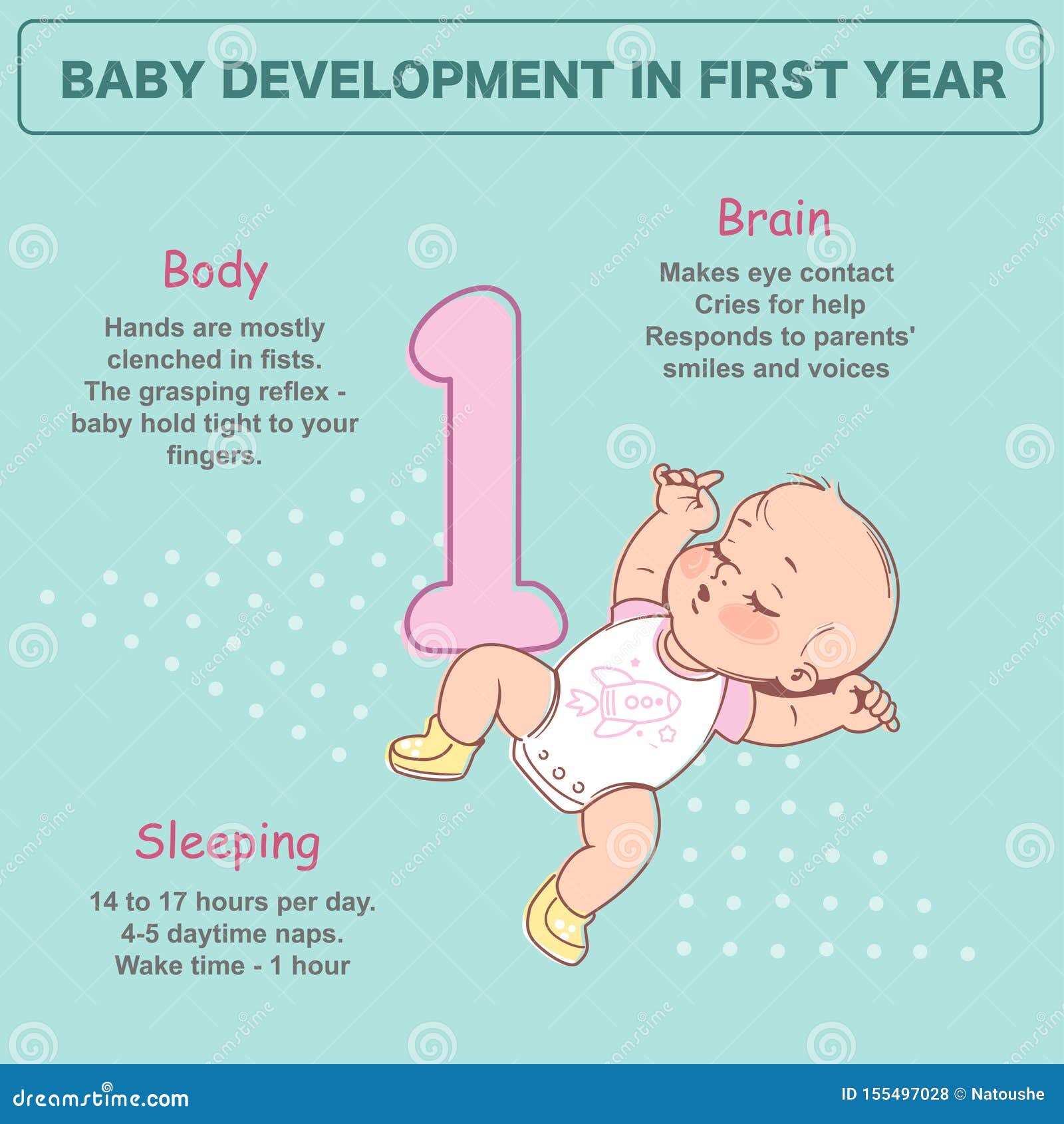 Source: bing.com
Source: bing.comCongratulations on becoming a new parent! As your baby reaches one month of age, you may wonder how you can help their development. This is a crucial time in your baby’s growth, and there are many things you can do to aid in their development. We’ve compiled a list of tips to help you ensure your baby is receiving the best care possible.
Table of Contents
1. Tummy Time
One of the most important things you can do to help your baby’s development at one month is to give them plenty of tummy time. This is when you lay your baby on their stomach while they are awake and supervised. Tummy time helps your baby develop the muscles they need to crawl and walk later on. It also helps prevent flat spots on the back of their head.
2. Talk to Your Baby
Your baby is learning language from the moment they are born, and talking to them is crucial for their development. Talk to them throughout the day, even if they can’t respond yet. Use a high-pitched, sing-song voice, as babies are more responsive to this type of speech. Narrate your day to them or sing them songs. This will help your baby develop language skills and form a bond with you.
3. Engage Their Senses
Your baby is constantly learning about the world around them, and you can help them by engaging their senses. Show them bright colors, play music, and let them touch different textures. This will help their brain develop and make new connections between neurons. It will also help your baby learn cause and effect, as they begin to understand that their actions can have an impact on the world around them.
4. Provide Visual Stimulation
Your baby’s vision is still developing at one month, and providing visual stimulation is important for their development. Hang a mobile over their crib or show them black and white patterns. These simple visual cues can help your baby’s brain develop and improve their vision over time.
5. Hold Your Baby
Holding your baby is one of the most important things you can do to help their development at one month. Physical touch is crucial for your baby’s emotional and physical development. It can help regulate their breathing and heart rate, and it can also help them feel safe and secure. Hold your baby as much as possible, and don’t worry about spoiling them. At this age, your baby needs all the love and attention they can get!
Frequently Asked Questions
What should my baby be doing at one month?
At one month, your baby will likely be doing a lot of sleeping and eating. They may also be starting to lift their head briefly during tummy time. Every baby develops at their own pace, so don’t worry if your baby isn’t hitting every milestone right on schedule.
How much tummy time does my baby need?
Your baby should have at least a few minutes of tummy time every day, gradually increasing as they get older. By three months, your baby should be getting around an hour of tummy time per day.
Should I be worried if my baby isn’t rolling over yet?
Rolling over is a milestone that typically happens between three and six months of age. If your baby isn’t rolling over yet, don’t worry. Every baby develops at their own pace. However, if you have concerns about your baby’s development, talk to your pediatrician.
How can I tell if my baby is getting enough nutrition?
If your baby is gaining weight and having plenty of wet and dirty diapers, they are likely getting enough nutrition. However, if you have concerns about your baby’s feeding, talk to your pediatrician.
What should I do if I’m worried about my baby’s development?
If you’re worried about your baby’s development, talk to your pediatrician. They can help answer any questions you have and provide resources to help you support your baby’s growth and development.
In conclusion, there are many things you can do to help your baby’s development at one month. Giving them plenty of tummy time, talking to them, engaging their senses, providing visual stimulation, and holding them are all crucial for their growth and development. Remember, every baby develops at their own pace, so don’t stress if your baby isn’t hitting every milestone right on schedule. If you have concerns about your baby’s development, talk to your pediatrician. With proper care and attention, your baby will thrive and grow into a happy, healthy child.
